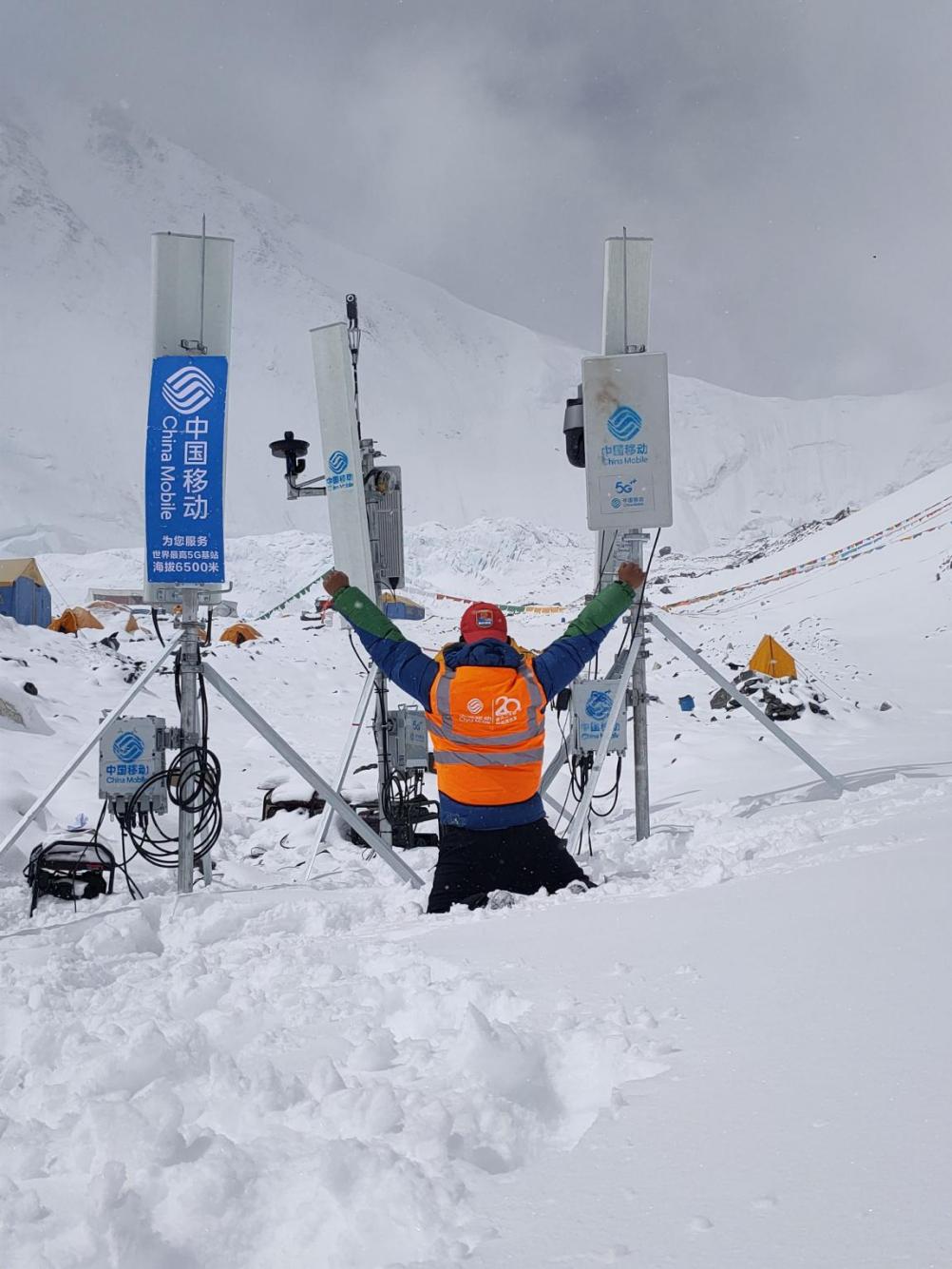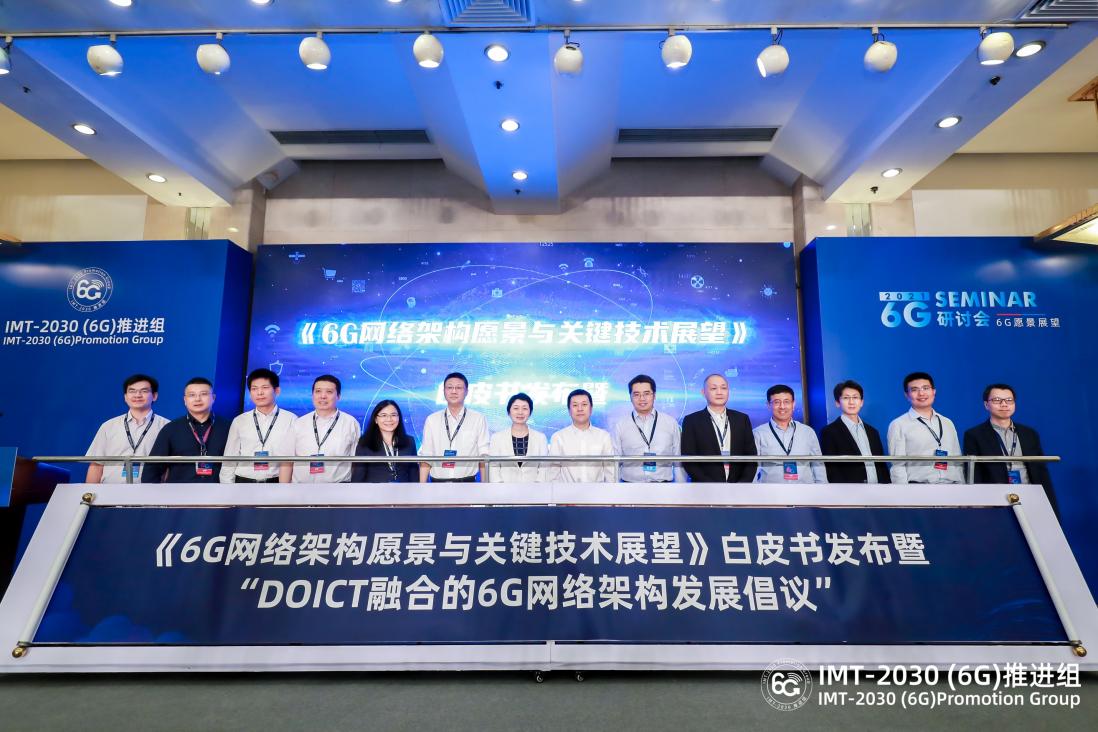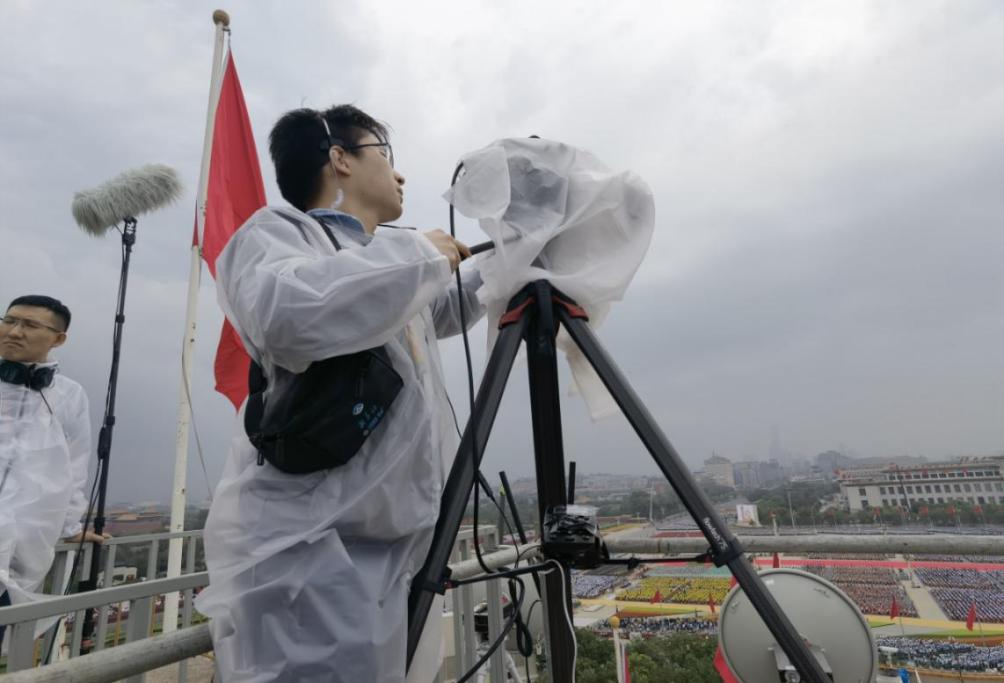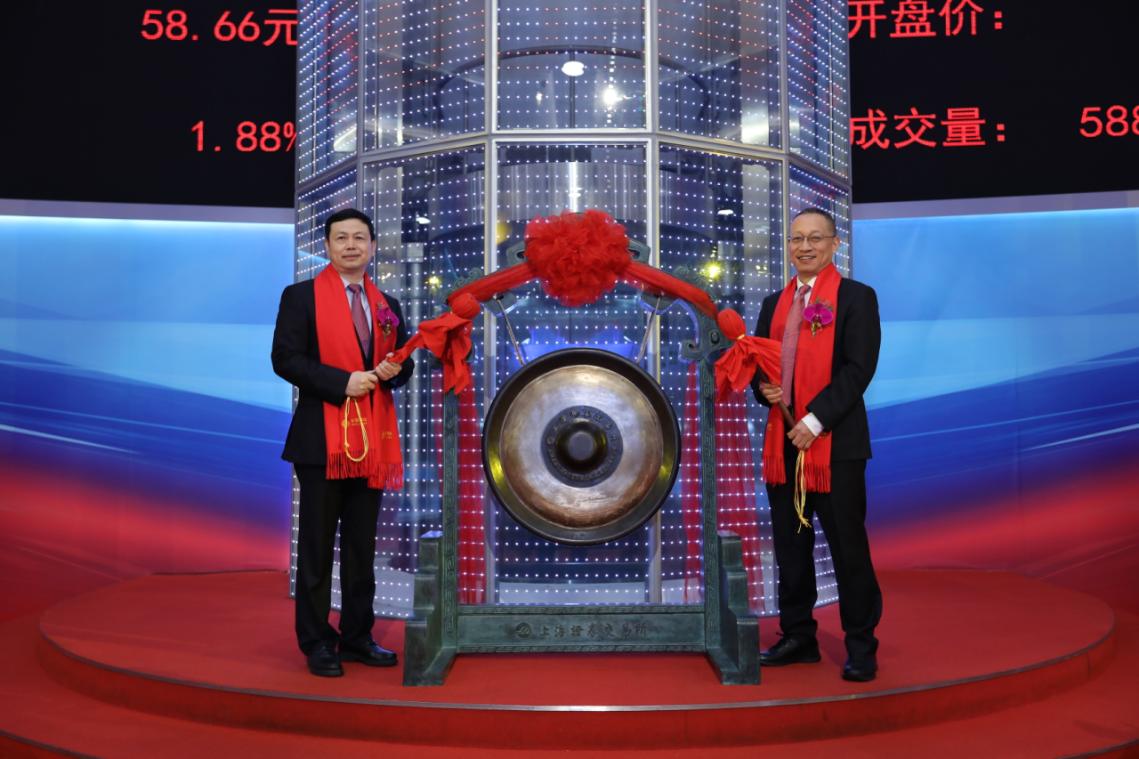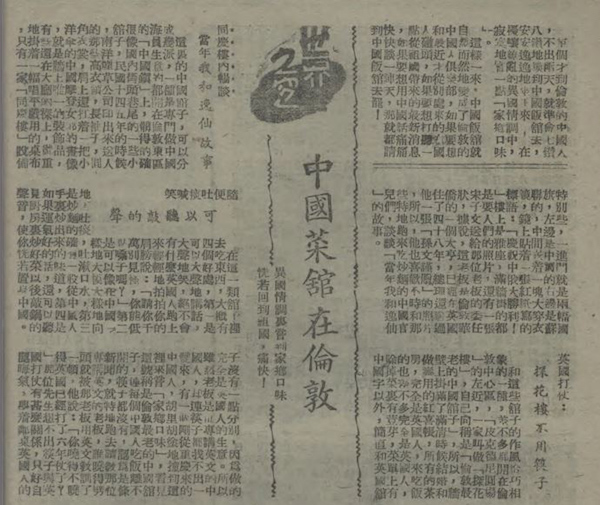Notice of Guangzhou Municipal Finance Bureau on printing and distributing the guiding opinions on the preparation of Guangzhou municipal government procurement documents
Notice of Guangzhou Municipal Bureau of Finance on Printing and Distributing Guiding Opinions of Guangzhou Municipal Government Procurement Documents Sui Cai Gui Zi [2019] No.2 Notice of Guangzhou Municipal Bureau of Finance on Printing and Distributing Guiding Opinions of Guangzhou Municipal Government Procurement Documents: All municipal units, district finance bureaus, Guangzhou Public Resource Trading Center and various government procurement agencies: In order to further standardize the preparation of government procurement documents, improve the efficiency in the use of financial funds, safeguard the national and social public interests and protect the legitimate rights and interests of government procurement parties, combined with the actual situation of our city, our bureau has formulated the Guangzhou Municipal Government. It is issued to you, please follow it. If you encounter any problems in the implementation, please feedback to our bureau (Government Procurement Supervision Office) in time. Guangzhou Municipal Finance Bureau March 14, 2019 Guangzhou Municipal Government Procurement Document Compilation Guidance In order to further standardize the preparation of government procurement documents, improve the efficiency of the use of financial funds, safeguard the public interests of the state and society, and protect the legitimate rights and interests of government procurement parties, According to the laws and regulations such as People’s Republic of China (PRC) Government Procurement Law, Regulations for the Implementation of People’s Republic of China (PRC) Government Procurement Law, Measures for the Administration of Tendering and Bidding of Government Procurement Goods and Services, Measures for the Administration of Non-tendering Methods of Government Procurement, Measures for the Administration of Government Procurement Information Announcement and Measures for the Query and Complaint of Government Procurement, this guidance is formulated in combination with the actual situation of our city: 1. General requirements for compiling procurement documents (1) Procurement documents are in accordance with the approved annual government procurement budget items.The content should be legal, standardized and complete, and the expression should be clear, accurate and unambiguous. The purchaser shall not raise the standard for luxury procurement without authorization. (two) the procurement documents should accurately define the attributes and categories of procurement items, and the selection of evaluation experts should match the procurement items. (three) the procurement documents must be clear and detailed about the procurement requirements, the contents and requirements of the quotation, the bid evaluation and transaction standards, and the acceptance criteria. (four) the government to provide public services to the public procurement projects, should solicit the opinions of the public on the procurement needs, if necessary, should solicit the opinions of relevant suppliers and experts on the procurement needs. For procurement projects with a procurement budget of more than 10 million yuan and complicated technology, the purchaser shall organize experts or entrust professional institutions to demonstrate the procurement requirements. The experts are professionals from non-systems and units, and the publicity time shall not be less than 3 days. (5) The procurement documents shall list the procurement budget amount (maximum price), but no minimum price shall be set. (6) Where a bidder is required to submit a bid bond for a procurement project, the bid bond shall not exceed 2% of the budgeted amount of the procurement project; Where there is a performance bond, the amount shall not exceed 10% of the total contract price; If there is a quality deposit, the amount shall not exceed 5% of the total contract price, and the period shall not exceed the quality guarantee period. If the performance bond has been set for the procurement project, the quality bond shall not be set at the same time. (seven) the reorganization of procurement projects, in principle, shall not improve the qualifications or other evaluation criteria.Second, scientifically and reasonably determine the procurement demand (1) The procurement demand shall meet the technical, service and safety requirements stipulated by laws and regulations and government procurement policies. The purchaser shall conduct market research on the market technology or service level, supply and price of the subject matter of procurement, scientifically and reasonably determine the procurement demand according to the investigation and asset allocation standards, and calculate the price. Procurement requirements should be complete and clear. Its contents include: the functions or objectives to be achieved by the procurement target, and the requirements to be met in order to implement the government procurement policy; Relevant national standards, industry standards, local standards or other standards and specifications to be implemented; Quality, safety, technical specifications and physical characteristics to be met; The number of procurement targets, the time and place of delivery or implementation of procurement projects; Acceptance criteria of the subject matter, other technologies and services, etc.; And the service standards, deadlines, efficiency and other requirements to be met. (2) The procurement demand shall not be expressed in ambiguous language such as "well-known", "first-line", "same grade", "domestic brand" and "international brand". (3) For procurement projects using the comprehensive scoring method, the technical and service requirements in the procurement documents shall not be directed at specific suppliers or specific products, and at least three suppliers shall pass the qualification examination or compliance examination.If different bidders offering the same brand products participate in the bidding under the same contract, it shall be counted as a bidding supplier. (four) the site survey shall not be regarded as a substantive requirement in the procurement requirements. (5) The purchaser shall not require to change the evaluation results by testing the samples or inspecting the suppliers after the evaluation, nor shall he put forward any unreasonable requirements such as passing the trial as a condition for signing the contract. Iii. Main contents of procurement documents (1) Unless otherwise stipulated by laws and regulations, procurement documents shall generally include five parts: "Instructions for preparing and submitting procurement response documents, project technical specifications and service requirements, evaluation methods and standards, general and special terms of procurement contracts, and relevant formats to be submitted". 1. The specific qualification conditions of suppliers, the main configuration of the project or the technical requirements shall be put forward by the purchaser, and the procurement agency may be entrusted to propose amendments to the legality and rationality of the procurement documents, or experts may be entrusted to demonstrate or publicly consult the opinions of suppliers. If it is illegal or tendentious, the purchaser shall correct it. 2. The conditions set in the procurement documents should be related to the technical management characteristics and actual needs of the project itself, and the after-sales service should be related to the procurement project and should not exceed the service scope of the procurement project.3. The scale conditions such as the registered capital, total assets, operating income, employees, profits and tax payment of the supplier, as well as specific matters related to the supplier’s equity structure, operating years, financial indicators, business scope of the business license, and contract performance with a specific amount shall not be regarded as qualification conditions or substantive requirements. 4. Relevant qualification licenses, certification certificates or awards that restrict the scale of enterprises in the application conditions shall not be regarded as qualification conditions or substantive requirements, except as otherwise provided by laws, regulations and rules. 5. Barriers to market access shall not be set or disguised by requiring suppliers to set up branches or other conditions that limit the ownership, organization and location of suppliers, except as otherwise provided by laws, regulations and rules. 6. Bidders shall not be treated differently or discriminately by taking the authorization, commitment, certificate and endorsement of manufacturers other than imported goods as qualification requirements. 7. The compulsory qualifications, qualifications and certification scope of non-state related functional institutions shall not be used as qualification conditions. The license, identification, qualification, qualification, certification, catalogue, etc. that has been explicitly cancelled in the State Council or is not compulsory by the state administrative organs shall not be regarded as qualification conditions or substantive requirements. 8. The procurement documents shall require the purchaser or procurement agency to inquire about the supplier’s credit records. According to the website "Credit China" at the time of review (www.creditchina.gov.cn), China government procurement network (www.ccgp.gov.cn) inquired about the subject’s credit record information, and refused to participate in government procurement activities according to law for subjects who were included in serious dishonesty in areas such as untrustworthy executors, taxation, government procurement, environmental protection and intellectual property rights. If the query results do not show that there is a record of dishonesty, it is deemed that no bad credit record was found during the review. (3) The clauses requiring the supplier to make substantive response in the compliance review shall be clearly indicated with eye-catching signs such as "★" before the clauses; Anything that is not marked is regarded as an immaterial response clause. Those marked with "★" must fully meet the indicators, and should be listed in the List of Substantive Responses in a centralized and unified way. Suppliers should respond one by one, and the judges should check and confirm them one by one. Non-substantive technical requirements and commercial terms may stipulate the maximum range and maximum number of allowable negative deviations, as well as the methods and scoring standards for adjusting these deviations. (IV) Evaluation factors and standards 1. The setting of evaluation factors should be related to the quality of goods and services provided by bidders, which can include bid quotation, technical or service level, performance ability, after-sales service, etc. The qualifications of suppliers shall not be listed as a scoring factor. The evaluation factors shall be specified in the tender documents, and the requirements for suppliers’ performance and related staffing shall be adapted to the procurement requirements. Taking performance or related staffing requirements as a scoring factor,A list of similar projects completed in recent years should be compiled, and the number of years and amount should be clearly refined; Prepare a list of management and technical personnel, and the specific personnel should be quantified and detailed. 2. The evaluation factors should be detailed and quantified. Generally speaking, it is not appropriate to use expressions such as "excellent", "good", "medium" and "general" which have no clear judgment criteria and are easy to cause ambiguity, and correspond to the corresponding business, technical (service) conditions and procurement requirements. Where there are intervals for business, technical (service) conditions and procurement demand indicators, the evaluation factors shall be quantified to the corresponding intervals, and different scores corresponding to each interval shall be set. 3. Technical indicators should be common and universal, and can be set according to national mandatory standards, and no specific patent, trademark, name, design, product or manufacturer can be specified or disguised. 4. Do not discriminate or discriminate against potential suppliers with unreasonable special authorization terms. If it is really necessary to set up special authorization such as manufacturers or distributors, the reasons shall be explained in detail in the procurement documents, and the score setting shall not exceed 5% of the total comprehensive score, and shall not be set as a qualification condition. 5. The performance and awards of a specific administrative region or a specific industry shall not be used as bonus points, and the scale conditions such as the registered capital, total assets, business scope, operating income, employees, profits and tax payment of bidders shall not be used as evaluation factors, unless otherwise stipulated by laws and regulations.6. In principle, the price score should be set for projects that adopt the comprehensive scoring method. The price of the project that implements the national unified pricing standard and adopts fixed price procurement is not listed as the evaluation factor. If the price cannot be determined in similar projects such as agreement supply, the price score may not be set. If the comprehensive evaluation method is adopted, the price score shall be calculated by the low price priority method, and the highest and lowest quotations shall not be removed in the bid evaluation process. The proportion of the price score of goods items to the total score shall not be less than 30%; The price score of service items shall not be less than 10% of the total score. If the government information system purchases goods, the price score shall account for 30% of the total score; For purchasing services, the price score shall account for 10% of the total score. 7. For the project with comprehensive scoring method, the commercial score shall not be higher than the technical score, the project experience score shall not exceed 25% of the total commercial score, and the score of on-site demonstration (including providing samples) shall not exceed 15% of the total score, and the qualifications unrelated to the project shall not be used as scoring factors. The factors of business evaluation generally include the personnel qualification, operation status, credit standing, performance and performance ability of the supplier. Technical review factors generally include the response to the tender documents, project implementation capacity, quality control, safeguard measures, project implementation plan or delivery effectiveness, scientificity and rigor. 8. For non-single product procurement projects, the purchaser shall reasonably determine the core products according to the technical composition of the procurement project, product price proportion and other factors.And specify it in the tender documents. The number of core products shall not exceed 3 in principle. (5) Generally, purchasers and procurement agencies shall not require suppliers to provide samples. If the purchaser really needs the supplier to provide samples, it shall clearly stipulate the standards and requirements for sample making, whether it is necessary to submit relevant test reports with the samples, the evaluation methods and evaluation standards of the samples in the tender documents. If it is necessary to submit the test report with the sample, it shall also specify the requirements and test contents of the testing organization. The tender documents shall state that the samples provided by the winning bidder will be kept and sealed in accordance with the regulations, and will be used as a reference for performance acceptance. (six) the purchaser or procurement agency shall, according to the implementation requirements of the procurement project, specify in the procurement documents whether to accept the consortium bid. If it is not specified, the consortium bid shall not be rejected. If a consortium bids, it must provide a consortium agreement signed by all parties. A consortium composed of units of the same major shall determine the qualification level according to the units with the same lower qualification level. Suppliers who have participated in the consortium may no longer be the bidders of the same procurement project alone, nor may they form another consortium with others to participate in the bidding of the same procurement project. (seven) after the start of the evaluation activities, all the contents stipulated in the procurement documents shall not be modified, adjusted and supplemented without authorization, especially the evaluation methods, evaluation procedures, bid-winning criteria and substantive terms. Competitive negotiation documents and quotations must be made public to all suppliers, and internal bidding or bidding only to the evaluation Committee is not allowed.According to the negotiation situation, the negotiating team can modify and improve the procurement requirements and negotiation points in turn, and the negotiation should be conducted in the order of commercial and technical conditions first and then price. If the negotiating team does not make substantial changes to the negotiation documents to increase new demands, the latter round of quotation shall not be higher than or equal to the previous round of quotation. (8) The procurement response is invalid under any of the following circumstances: 1. The supplier does not meet the conditions stipulated in Article 22 of the People’s Republic of China (PRC) Government Procurement Law; 2. The procurement response document is not stamped or signed as required by the procurement document; 3. The supplier does not meet the qualification conditions; 4. The procurement response documents provide false materials; 5. The procurement response document does not fully meet the substantive terms or indicators marked with "★" in the procurement document; 6. The supplier’s quotation is uncertain or exceeds the procurement budget (maximum price) listed in the procurement documents; 7. The supplier of the consortium failed to submit the agreement signed by all parties; 8. The supplier fails to pay the bid bond as required in the procurement documents; 9. During the evaluation, the supplier failed to submit the clarification, explanation, correction or change the substantive content of the procurement response document signed by the authorized representative as required by the bid evaluation committee; 10. Suppliers exert influence on purchasers, procurement agencies, bid evaluation committees and their staff, which hinders fairness and justice;11 laws, regulations, rules and regulations belong to other circumstances in which the response is invalid. When the purchaser or procurement agency conducts qualification examination and the review committee conducts compliance examination, it shall inform the supplier and explain the reasons if it finds that the supplier has substantially failed to respond to the procurement documents. (9) Where procurement is conducted by means of bidding, the purchaser may make necessary clarifications or amendments to the issued bidding documents, pre-qualification documents and invitation to bid, but shall not change the procurement target and qualification conditions. If it is really necessary to change the procurement target and qualification conditions, the tender announcement shall be re-issued. (ten) the number of winning bidders (clinchers) is recommended strictly according to the number specified in the procurement documents. If the quotation of the second successful bidder (clinch a deal) is more than 20% higher than that of the first successful bidder (clinch a deal), only one successful bidder (clinch a deal) is recommended. The first successful bidder (clinch a deal) candidate shall not give up the qualification of winning a bid (clinch a deal) at will without justifiable reasons. If the candidate who wins the bid (clinches a deal) abandons the qualification of winning the bid (clinches a deal), the purchaser can sort the list of candidates who win the bid (clinches a deal) recommended by the review report, determine the next candidate as the winning bidder (clinches a deal), or re-launch government procurement activities. Iv. procurement documents should reflect policy functions (1) government procurement purchases domestic goods, projects and services in principle. If the purchaser really needs to purchase imported products, it needs to be reported to the financial department at the same level for examination and approval. After approval, it needs to indicate in the procurement information announcement and procurement documents that "with the consent of the government procurement management department,Purchasing domestic products or imported products that are not restricted by national laws, regulations and policies. " The technical requirements of procurement documents shall not exclude domestic product suppliers, and the final procurement of domestic products or imported products shall be evaluated by the judges. (two) the implementation of the procurement of energy-saving products, environmental protection products, should be based on the list of items and certification issued by the relevant state departments to implement government priority procurement and compulsory procurement. For energy-saving products that are subject to compulsory procurement, energy-saving requirements should be regarded as substantive response indicators, and no longer enjoy preferential evaluation. (3) Except for the items specially purchased for small and medium-sized enterprises, small and medium-sized enterprises and prison enterprises shall be clearly given corresponding price deduction or evaluation bonus points in the procurement documents. When purchasing services, government agencies and institutions can give priority to purchasing services from vocational training institutions for the disabled or centralized employment institutions for the mentally disabled. V. Procurement Contract The procurement contract is an indispensable part of the procurement document. The terms of the contract shall clearly stipulate the rights and obligations of the buyer and the seller, and shall correspond to the procurement documents and bidding (response) documents one by one to ensure the implementation of the contract. VI. Release of Government Procurement Information (1) The announcement of government procurement information shall be legal, true, fully open and consistent in content. The government procurement system of the online service hall of the Guangdong Provincial Department of Finance and the Guangzhou Municipal Government procurement platform are the designated information publishing platforms in Guangzhou.The announcement of government procurement information shall be released to the public through the above platforms respectively. (2) Inviting tenders and other prequalification announcements, and the time for submitting prequalification application documents shall not be less than 5 working days from the date of announcement; The time for submitting the prequalification application documents for the prequalification announcement of government and social capital cooperation projects shall not be less than 15 working days from the date of announcement. The procurement process shall be carried out in strict accordance with the statutory time nodes, and shall not be advanced or postponed at will. (three) the project subject to public bidding shall not be less than 20 days from the date when the tender documents are issued to the deadline when the bidders submit their tender documents; For competitive negotiation projects, it shall not be less than 3 working days from the date when competitive negotiation documents are issued to the deadline when suppliers submit their first response documents; For the inquiry project, it shall not be less than 5 working days (excluding online bidding) from the date when the inquiry document is issued to the deadline when the supplier submits the response document; For competitive negotiation projects, it shall not be less than 10 days from the date when competitive negotiation documents are issued to the deadline when suppliers submit their first response documents. The procurement process shall be carried out in strict accordance with the statutory time nodes, and shall not be advanced or postponed at will. (four) the tender documents and competitive consultation documents shall be provided for no less than 5 working days from the date of information announcement. Except the tender documents and competitive negotiation documents, the procurement documents shall be provided for a period from the date of information announcement to the day before the deadline for suppliers to submit response documents. (5)If the purchaser or procurement agency makes necessary clarification or modification on the issued bidding documents, prequalification documents, competitive negotiation documents and competitive negotiation documents in which suppliers are invited to participate by announcement, it shall issue a correction announcement in the original announcement media and notify all potential suppliers who have obtained the procurement documents. If the clarification or modification may affect the preparation of bidding documents, prequalification application documents and response documents, a correction notice shall be issued at least 15 days before the deadline for bidding, at least 3 days before the deadline for submitting prequalification application documents, or 3 working days before the deadline for submitting the first response documents, and all potential suppliers who have obtained the procurement documents shall be notified; If it is less than the above time, the deadline for submitting bid documents, prequalification application documents and response documents shall be postponed. VII. Guidelines for the Relief of Supplier’s Rights (1) The procurement documents shall specify the ways of supplier’s inquiry, the way of receiving the inquiry letter, the contact department, contact telephone number and mailing address, etc. Procurement documents should indicate that the financial department at the same level accepts complaints according to the budget level of the purchaser. (2) The purchaser and the government procurement agency should pay attention to handling the reports and accusations against illegal acts in the preparation of procurement documents, do a good job in explanation and coordination, and guide suppliers to report to the auditing, supervision or financial departments at the same level of the purchaser according to law. VIII. Supervision and Inspection (1)Buyers and government procurement agencies in this Municipality shall prepare procurement documents and handle procurement matters in accordance with the requirements of the Guiding Opinions on the Preparation of Guangzhou Municipal Government Procurement Documents. (two) the government procurement supervision department may, according to the needs, inspect the procurement documents prepared and used by the purchaser and the government procurement agency from time to time, and make the inspection public or informed. (three) by the units and individuals to report, accuse, complain and the inspection of the government procurement supervision department, it is found that the purchaser and the government procurement agency have not prepared the procurement documents according to the regulations, and shall be ordered to make corrections; Refuses to correct, by the government procurement supervision and management departments in accordance with the law; If the procurement documents violate the law and cause losses, the parties concerned shall bear legal responsibilities. IX. Supplementary Provisions This opinion shall come into force as of the date of issuance and shall be valid for 5 years. Disclosure method: voluntary disclosure



